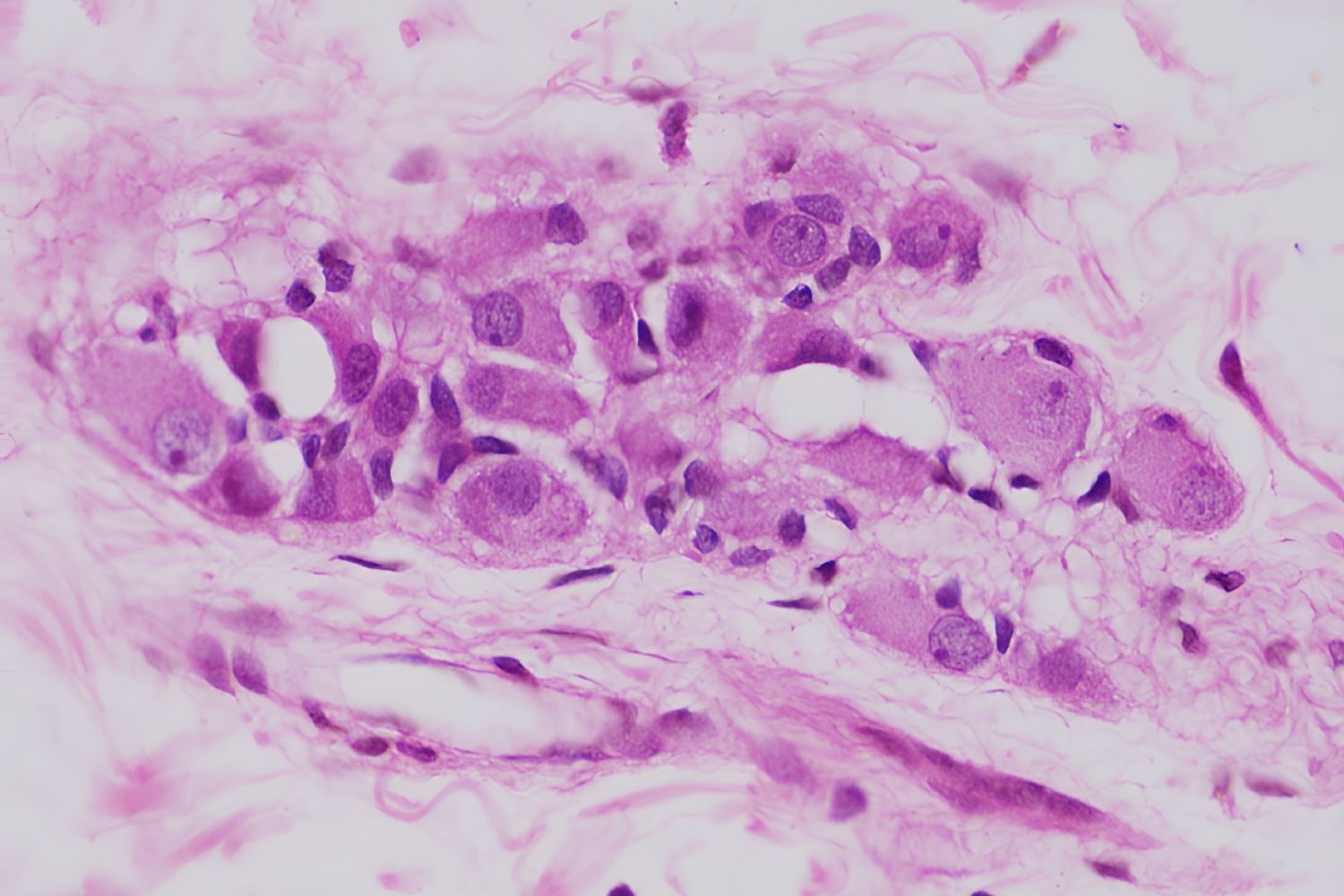
Neuronal Intestinal Pseudoobstruction is a rare condition that mimics a blockage in the intestines but without any physical obstruction. This disorder disrupts the normal muscle contractions in the intestines, leading to symptoms like severe abdominal pain, bloating, and constipation. Understanding Neuronal Intestinal Pseudoobstruction can be challenging due to its complex nature and similarity to other gastrointestinal issues. However, gaining knowledge about its causes, symptoms, and treatments can significantly improve the quality of life for those affected. This article will provide you with 25 essential facts about this condition, helping you grasp its intricacies and offering practical insights for managing it effectively.
Key Takeaways:
- Neuronal Intestinal Pseudoobstruction (NIPO) affects the intestines' nerves, causing symptoms like severe abdominal pain and constipation. It can be challenging to diagnose and manage, but ongoing research offers hope for better treatments.
- Living with NIPO can be tough, but support groups and ongoing research provide hope for improved understanding and management of the condition. Patients may need to make lifestyle adjustments and seek emotional support.
What is Neuronal Intestinal Pseudoobstruction?
Neuronal Intestinal Pseudoobstruction (NIPO) is a rare disorder that affects the nerves in the intestines. This condition can mimic a blockage in the intestines, but no physical obstruction is present. Here are some intriguing facts about NIPO.
-
NIPO is often mistaken for a mechanical obstruction due to similar symptoms like severe abdominal pain, bloating, and vomiting.
-
The disorder can affect any part of the gastrointestinal tract, from the esophagus to the rectum.
-
NIPO is caused by abnormalities in the enteric nervous system, which controls the muscles of the gastrointestinal tract.
-
Symptoms can vary widely among individuals, making diagnosis challenging.
-
NIPO can be either congenital (present at birth) or acquired later in life.
Symptoms and Diagnosis
Understanding the symptoms and how NIPO is diagnosed can help in managing the condition more effectively.
-
Chronic constipation is a common symptom of NIPO, often leading to severe discomfort.
-
Some patients experience alternating episodes of diarrhea and constipation.
-
Weight loss and malnutrition can occur due to the body's inability to properly digest and absorb nutrients.
-
NIPO is diagnosed through a combination of clinical evaluation, imaging studies, and sometimes, a biopsy of the intestinal tissue.
-
Manometry, a test that measures the pressure inside the intestines, can help diagnose NIPO by showing abnormal muscle contractions.
Treatment Options
While there is no cure for NIPO, various treatments can help manage the symptoms and improve quality of life.
-
Dietary changes, such as a low-fiber diet, can help reduce symptoms like bloating and pain.
-
Medications that stimulate intestinal motility can be prescribed to help move food through the digestive tract.
-
In severe cases, patients may require parenteral nutrition, which provides nutrients directly into the bloodstream.
-
Surgical options, such as decompression or resection of affected bowel segments, may be considered in extreme cases.
-
Physical therapy can help strengthen abdominal muscles and improve bowel function.
Impact on Daily Life
Living with NIPO can be challenging, but understanding its impact can help patients and caregivers manage the condition better.
-
NIPO can significantly affect a person's quality of life, leading to frequent hospitalizations and medical interventions.
-
Emotional and psychological support is crucial for patients dealing with chronic pain and discomfort.
-
Support groups and counseling can provide a sense of community and shared experiences for those affected by NIPO.
-
Patients often need to make significant lifestyle adjustments, including changes in diet and activity levels.
-
Regular follow-up with healthcare providers is essential to monitor the condition and adjust treatments as needed.
Research and Future Directions
Ongoing research aims to better understand NIPO and develop more effective treatments.
-
Genetic studies are being conducted to identify potential hereditary factors contributing to NIPO.
-
Advances in imaging technology are helping to improve the accuracy of NIPO diagnosis.
-
Researchers are exploring new medications that target the underlying nerve dysfunction in NIPO.
-
Clinical trials are ongoing to test the efficacy of various treatment approaches, including stem cell therapy.
-
Increased awareness and education about NIPO can lead to earlier diagnosis and better management of the condition.
Final Thoughts on Neuronal Intestinal Pseudoobstruction
Neuronal Intestinal Pseudoobstruction (NIPO) is a rare but serious condition affecting the digestive system. Understanding its symptoms, causes, and treatment options can make a significant difference in managing the disease. Early diagnosis is crucial for better outcomes. Treatments range from dietary changes to medications and, in severe cases, surgery. Patients often need a multidisciplinary approach involving gastroenterologists, dietitians, and sometimes surgeons. Support groups and counseling can also provide emotional relief. Awareness and education about NIPO are essential for both patients and healthcare providers. By staying informed, individuals can better advocate for their health and seek appropriate care. Remember, knowledge is power when dealing with complex medical conditions like NIPO. Stay proactive, consult healthcare professionals, and don't hesitate to seek second opinions if needed.
Frequently Asked Questions
Was this page helpful?
Our commitment to delivering trustworthy and engaging content is at the heart of what we do. Each fact on our site is contributed by real users like you, bringing a wealth of diverse insights and information. To ensure the highest standards of accuracy and reliability, our dedicated editors meticulously review each submission. This process guarantees that the facts we share are not only fascinating but also credible. Trust in our commitment to quality and authenticity as you explore and learn with us.
